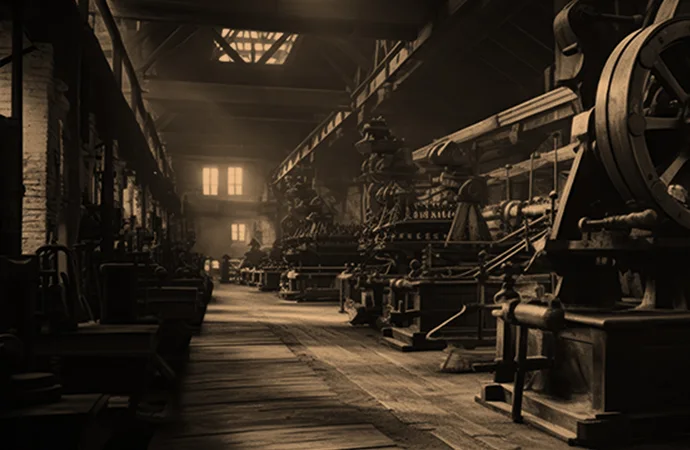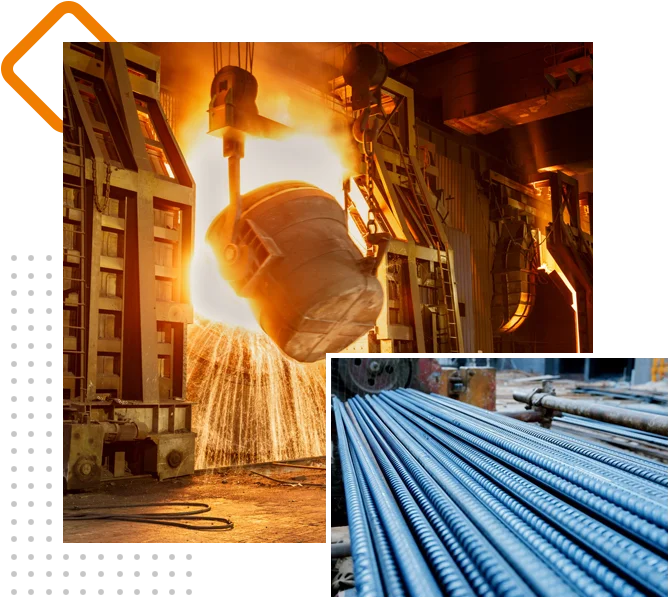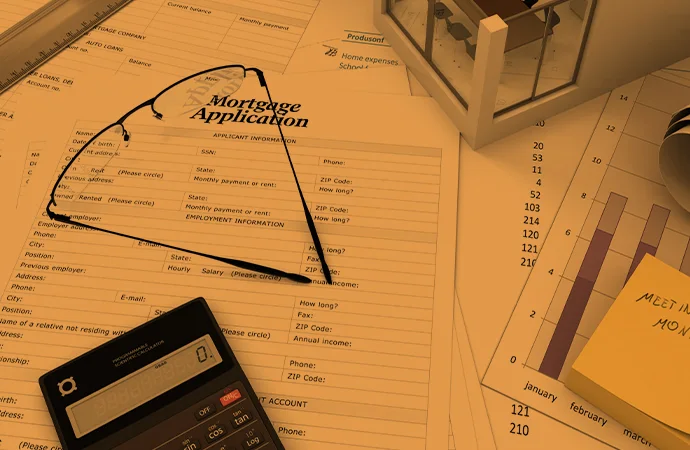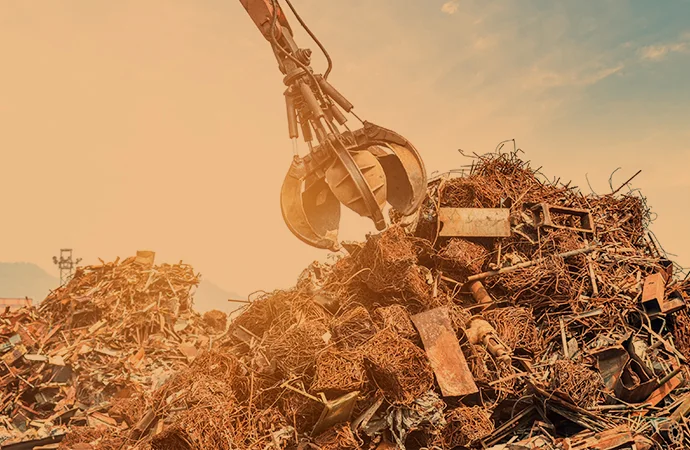Steel Industry Insights of Bangladesh
The Steel Industry insight of Bangladesh possesses a captivating narrative, steeped in a rich and evolving history that can be traced back to the early 1950s. Emerging from humble beginnings, it has ascended to become a pivotal driver of the nation's economy, undergoing significant transformations along the way that mirror the remarkable growth trajectory of Bangladesh.
This exploration into the steel industry insights of Bangladesh will unveil the dynamic forces that have shaped its past, the pivotal role it plays in the present, and the promising trends that chart its course for the future. Join us as we delve into the intricacies of this vital sector, examining the fusion of history, innovation, and economic prowess that defines the steel industry landscape in Bangladesh.
History of the Steel Industry in Bangladesh
The steel industry in Bangladesh began its history before independence. A detailed account of this sector is mentioned below:
Early beginnings and post-independence development
The first steel mill in Bangladesh (East Bengal), Bangladesh Steel Re-Rolling Mills (BSRM), was established in 1952. This marked the start of a new era for the country's industrial landscape. Following Bangladesh's independence in 1971, the steel industry witnessed a period of expansion, with several new mills being established to meet the growing demand for steel in construction and infrastructure projects.

Growth and transformation in the 1980s and beyond
The 1980s saw a significant acceleration in the growth of the steel industry in Bangladesh. The introduction of modern technologies, coupled with increased investment from both domestic and foreign players, led to a surge in production capacity. This growth continued into the 1990s and beyond, driven by factors such as rapid urbanization, infrastructure development, and rising demand for steel in the construction sector.

Current landscape and future prospects
Today, the steel industry in Bangladesh is a thriving sector, employing hundreds of thousands of people and contributing significantly to the national economy. The country boasts a production capacity of over several million metric tons, making it a major player in the regional steel market. With ambitious infrastructure projects underway and a focus on technological advancements, the industry is poised for continued growth in the years to come.

Key insights into the Steel Industry of Bangladesh
Among the many insights into the steel industry of Bangladesh, here are five key points are given below:
- Demand-driven growth: The steel industry in Bangladesh is primarily driven by strong domestic demand, fueled by infrastructure development, urbanization, and a growing construction sector.
- Raw material dependence: The industry relies heavily on imports of raw materials, such as iron ore and scrap, which exposes it to global price fluctuations.
- Technological advancements: Staying abreast of technological advancements in steel production is crucial for maintaining competitiveness and improving efficiency.
- Environmental sustainability: The industry faces the challenge of minimizing its environmental impact through sustainable practices and the adoption of cleaner technologies.
- Diversification and value addition: Diversifying product offerings to include high-value-added steel products can enhance profitability and expand market reach.

Challenges faced by the Steel Industry in Bangladesh
The steel industry in Bangladesh faces numerous challenges, three of which are particularly noteworthy:
Policy and regulatory adjustments
Government policies in Bangladesh, including Customs Law, Income Tax, and Value Added Tax, frequently experience unforeseen changes, impacting steel re-rolling factories. Establishing these factories is capital-intensive, often necessitating bank loans; however, fluctuating interest rates pose challenges, introducing an "interest rate risk" for companies. The industry's growth is negatively affected by the volatility of these policies, directly involving steel producers.

Inaccurate Project Estimations
When a mega project adheres to the proposed timeline, steel mills experience advantages in terms of working capital projection and consistent product consumption. Unfortunately, deviations from the proposed timeline are common, leading to project delays that, in turn, impact the anticipated production and profitability of steel mills.

Insufficient raw materials
Importing raw materials for steel production in Bangladesh remains a challenging and time-consuming task as the local shipbreaking industry cannot yet meet the required quantities. The scarcity and high prices of essential raw materials led to the shutdown of approximately 100 steel re-rolling mills in 2006 and 2007, resulting in widespread job losses in the sector.

Market trends and opportunities
The steel industry in Bangladesh exhibits numerous market trends and opportunities. Here are a few of them:
Key market trends:
- Rising infrastructure demand: Bangladesh is investing heavily in infrastructure development, including roads, bridges, power plants, and ports, driving the demand for steel rebars, beams, and other structural steel products.
- Urbanization and construction boom: Rapid urbanization is fueling a surge in residential and commercial construction projects, further increasing the demand for steel for buildings, reinforcing bars, and other construction materials.
- Focus on value-added products: The industry is shifting towards producing high-value-added steel products, such as specialized steel for shipbuilding, automotive, and engineering applications, to enhance profitability and competitiveness.
- Technological advancements: The adoption of advanced technologies, such as electric arc furnaces (EAFs) and continuous casting processes, is improving efficiency, reducing environmental impact, and enhancing product quality.
- Sustainability initiatives: Steel producers are increasingly adopting sustainable practices, such as energy conservation, waste management, and the use of renewable energy sources, to reduce their environmental footprint and meet the growing consumer demand for eco-friendly products.
Emerging opportunities:
- Diversification into new markets: Expanding into new markets, such as shipbuilding, automotive, and engineering sectors, can provide opportunities for growth and diversification of product offerings.
- Investment in research and development: Investing in research and development can lead to the creation of innovative steel products, advanced manufacturing processes, and sustainable solutions.
- Industry-academia collaboration: Collaboration between steel companies, research institutions, and academia can foster knowledge sharing, technology transfer, and innovation.
- Government support and policies: Supportive government policies, such as tax incentives, infrastructure development, and support for research and development, can create a favorable environment for industry growth and technological advancement.
- Export potential: Bangladesh has the potential to become a significant exporter of steel products to neighboring countries, leveraging its competitive labor costs and strategic location.
Future of the Steel Industry in Bangladesh
Historically, steel consumption per capita in Bangladesh was lower, but projections indicate a surge to over 100kg by 2030. To meet this demand, the steel sector is proactively increasing production at a rate of 10%, aiming to double current production levels within the next decade. This expansion is a strategic move to align capacity with anticipated demand, with the industry integrating new, high-strength specialized rods to stay innovative and efficient.
That being said, it appears that Bangladesh's steel sector has a very bright future.
Ending
Chakda Steel & Re-Rolling Mills (Pvt.) Ltd (CSRM) was established in 1992. It’s a leading steel industry in Bangladesh. For 30 years this company has been contributing to the steel and economy sector in Bangladesh. Already, this company has been renowned for its best products and services. Now people of Bangladesh know one company when they say rod and steel, that is this.
Learn More